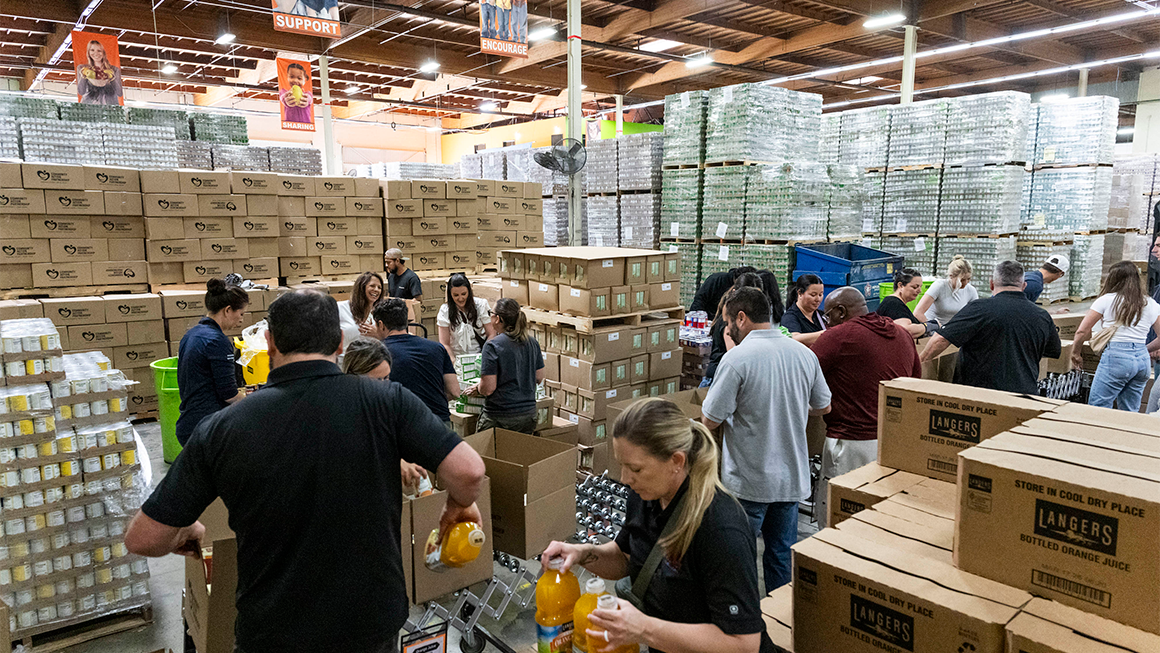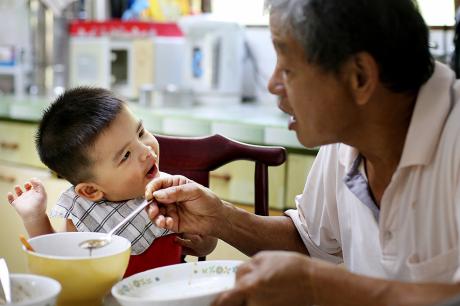Articles and analysis on today's issues

Federal cuts to the Supplemental Nutrition Assistance Program could cause some DC-area families to lose an average of $187 in monthly benefits.
In Gentrifying Neighborhoods, Placemaking Can Restore Community Connections Local governments can help mitigate the effects of gentrification by supporting placemaking efforts led by longtime residents and by shifting more decisionmaking power to the community.How Policymakers Can Support License-Exempt Home-Based Providers through the Child and Adult Care Food Program Many states exclude license-exempt home-based child care providers from the Child and Adult Care Food Program, which can leave millions of children in need vulnerable to increased food insecurity.How Local Governments Can Advance Equitable Placemaking Using art and music as placemaking tools, two local governments are working to connect diverse neighborhoods and tackle inequities in their communities.College Borrowing Is Declining for Most Students, but Black Students Are an Exception Declines in student loan borrowing are not equal across student cohorts, with Black students, those attending for-profits, and those earning certificates seeing increases in debt burdens over the past decade.Housing Market Researchers Tend to Ignore Coborrower Race. Differences In Denial Rates Suggest They Shouldn’t. Housing market data traditionally assign race and ethnicity categories to households based on the primary borrower or head of household, but this practice can obfuscate crucial differences for dual-race couples.Cross-Sector Community Partnerships Are Key to Boosting Upward Mobility and Equity By partnering with community organizations and the private sector, local governments can better coordinate and sustain progress toward their upward mobility goals.





